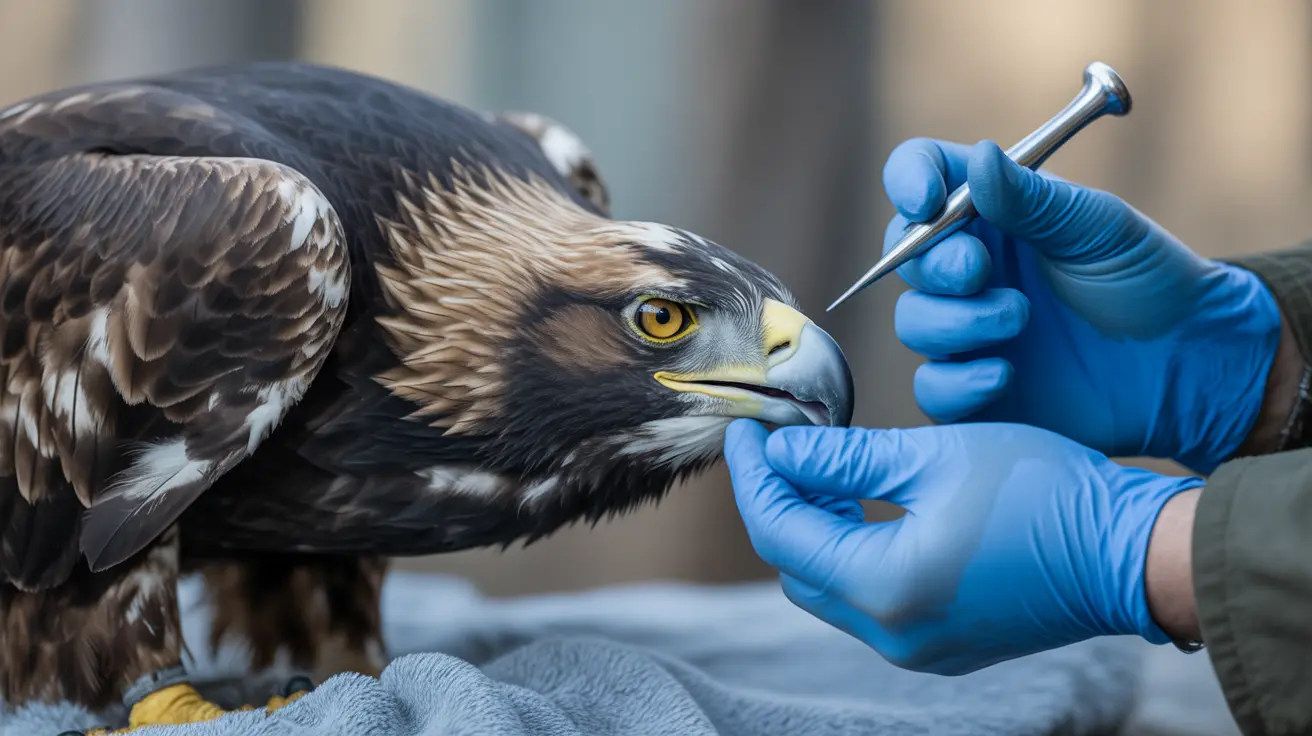Understanding Zoophilia: When Humans Are Attracted to Animals
Zoophilia is defined as a sexual attraction or emotional affection that a human may direct towards animals. This topic, while controversial and unsettling for many, represents a psychological and behavioral phenomenon that has been studied in psychiatry, criminology, and animal welfare.
What Is Zoophilia?
According to mental health and behavioral science fields, zoophilia is a paraphilia, which is a condition characterized by atypical and extreme sexual desires.
- Paraphilias include behaviors and interests that deviate significantly from cultural norms and may involve non-consenting parties such as animals or children.
- Zoophilia is not synonymous with bestiality, although the terms are sometimes used interchangeably. While bestiality refers to the act of sexual intercourse with animals, zoophilia can occur without physical acts, existing merely as fantasy or desire.
Legal and Ethical Implications
The vast majority of countries and states consider any form of sexual activity with animals to be illegal, classifying it as a criminal offense under animal cruelty laws. Engaging in such behavior is believed to severely harm animal welfare and violate ethical standards.
- Laws on zoophilia can vary but are becoming increasingly stringent worldwide.
- In areas without specific legislation, cases may still be prosecuted under broader cruelty statutes, depending on local legal interpretations.
Psychological Perspectives
Mental health professionals often assess zoophilic behavior as part of a broader spectrum of paraphilic disorders. It typically co-occurs with other behaviors and may be linked to early childhood experiences, trauma, or social isolation.
- DSM-5 (Diagnostic and Statistical Manual of Mental Disorders, 5th edition) does not list zoophilia as a standalone disorder, but it may be addressed under the umbrella of 'Other Specified Paraphilic Disorder.'
- Treatment for individuals with zoophilic impulses can involve psychotherapy, counseling, and medication to address underlying psychological issues.
Impact on Animals
One of the most concerning aspects of zoophilia is its effect on animals. Animals cannot provide consent, and any sexual exploitation is widely seen as abusive and harmful.
- Animals subjected to such behavior can suffer from physical injury, stress, and trauma.
- Animal welfare organizations and veterinarians position zoophilic acts as a severe violation of ethical and humanitarian standards.
Public Perception and Social Stigma
There is universal condemnation of zoophilia in most societies. People who admit to such attractions often face social ostracism, legal consequences, and psychological scrutiny.
In rare cases, online communities promoting zoophilia have arisen, raising concerns about normalization of harmful behavior. Most platforms aggressively remove and ban such content to maintain ethical integrity and protect animal rights.
Preventative Measures and Education
Raising awareness and promoting psychological health can help identify individuals at risk of engaging in such behavior and direct them to professional help. Prevention efforts include:
- Education campaigns about animal rights and consent
- Enforcement of strict animal cruelty laws
- Psychological support and behavioral intervention for individuals exhibiting atypical sexual interests
Conclusion
Zoophilia is a complex and unethical attraction that is not just socially taboo but also legally punishable in most jurisdictions. It represents an infringement of animal rights and highlights the critical need for psychological support for individuals affected by paraphilias. Understanding the terminology and dangers surrounding zoophilia helps protect both human and animal welfare and reinforces the importance of empathy, responsibility, and lawfulness.





